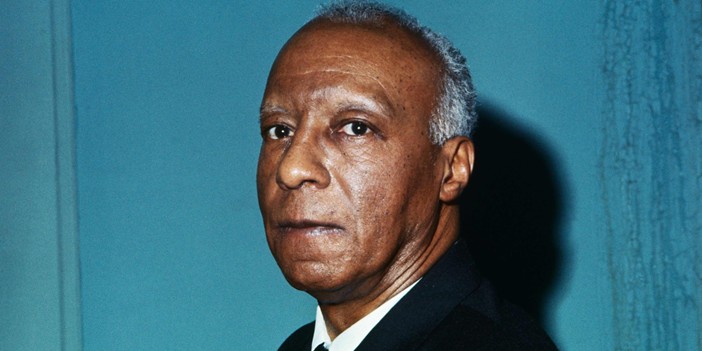
1889 - 1979
A. Philip Randolph
Labor Leader and Civil Rights Activist
Asa Philip Randolph (April 15, 1889 – May 16, 1979) was a pioneering African American labor leader, civil rights activist, and socialist whose work laid the foundation for the modern Civil Rights Movement. Born in Crescent City, Florida, Randolph moved to New York City in 1911, where he became involved in the labor movement and socialist politics. He co-founded the Brotherhood of Sleeping Car Porters (BSCP) in 1925, becoming the first Black labor union to be recognized by the American Federation of Labor. The BSCP represented Pullman porters, who were predominantly Black men working on luxury railroad cars. Randolph's leadership of the union was marked by his commitment to both labor rights and civil rights, recognizing that economic justice was inseparable from racial justice. In 1941, Randolph threatened to organize a massive march on Washington to protest discrimination in the defense industry. This threat led President Franklin D. Roosevelt to issue Executive Order 8802, which banned discrimination in defense industries and established the Fair Employment Practices Committee. Though the march was called off, it demonstrated Randolph's ability to use mass mobilization as a political strategy. After World War II, Randolph continued his activism, founding the League for Nonviolent Civil Disobedience Against Military Segregation in 1948. His pressure on President Harry Truman led to the desegregation of the armed forces through Executive Order 9981. In 1963, Randolph was a key organizer of the March on Washington for Jobs and Freedom, where Martin Luther King Jr. delivered his famous 'I Have a Dream' speech. Randolph served as the march's director and was one of its principal speakers. Throughout his life, Randolph advocated for both economic and racial justice, believing that true equality required both civil rights and economic empowerment. His legacy continues to inspire labor activists and civil rights leaders who recognize the interconnected nature of economic and racial justice.
Key Achievements
- Founded the Brotherhood of Sleeping Car Porters, the first recognized Black labor union
- Threatened the 1941 March on Washington, leading to Executive Order 8802
- Helped desegregate the armed forces through Executive Order 9981
- Was a key organizer of the 1963 March on Washington for Jobs and Freedom